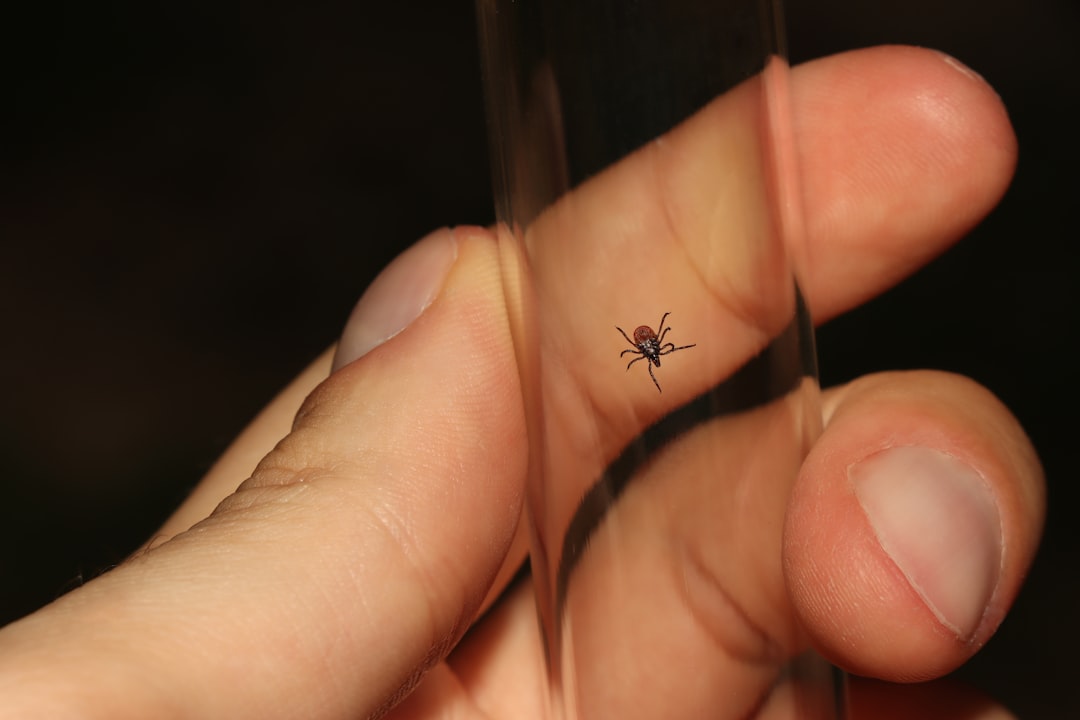Introduction to Pinguecula
Pinguecula is a common, non-cancerous eye condition where a yellowish, slightly raised patch appears on the sclera, the white part of the eye. Often mistaken for a serious eye issue, it primarily affects the area close to the cornea but does not cover it. This condition is most prevalent among individuals frequently exposed to ultraviolet (UV) light, wind, and dust. Although it does not typically cause severe problems, its presence can be alarming due to its noticeable appearance. Understanding pinguecula is essential for maintaining eye health and ensuring proper treatment if necessary.
Understanding Pinguecula
 Image courtesy: Unsplash
Image courtesy: Unsplash
A pinguecula is a common eye condition that manifests as a yellowish, raised patch or bump on the conjunctiva, the clear covering over the white part of the eye. This growth usually appears on the side closest to the nose but can occur on either side of the eye. It is often attributed to the effects of ultraviolet (UV) radiation from sun exposure, dry eye conditions, or dust. Pingueculae are non-cancerous and typically do not threaten vision, but they can cause discomfort and concern due to their appearance and the symptoms they may generate.
Symptoms of Pinguecula
The symptoms of a pinguecula can vary from person to person but commonly include:
– A visible yellowish patch or bump on the white of the eye
– Redness and swelling around the pinguecula
– A feeling of grittiness or sand in the eye
– Irritation or itchiness in the eye
Given its non-threatening nature, a pinguecula might not always produce noticeable symptoms and can exist without causing any significant discomfort.
Causes of Pinguecula
The development of pinguecula is primarily attributed to long-term exposure to UV light from the sun. Other factors that can contribute to its onset include:
– Frequent exposure to dusty or windy environments
– Chronic eye irritation from dry eye conditions
– Aging, as the conjunctiva weakens over time
Though anyone can develop a pinguecula, it is more common in people who spend a lot of time outdoors, especially in sunny climates, and in older adults.
Treatment for Pinguecula
Treatment for a pinguecula depends on the severity of the symptoms it causes. While this condition is usually benign and may not need treatment beyond managing discomfort, various options are available to address more severe symptoms or cosmetic concerns.
Conservative Treatments for Pinguecula
For mild to moderate symptoms, conservative treatments are usually recommended:
– Use of lubricating eye drops or artificial tears to alleviate dryness and irritation.
– Incorporating anti-inflammatory eye drops if swelling or redness is pronounced.
– Wearing sunglasses that provide 100% UV protection to shield the eyes from further UV damage and reduce irritation from sunlight.
Patients are also advised to avoid external irritants such as wind, dust, and sustained screen use that can exacerbate symptoms.
Surgical Treatments for Pinguecula
Surgical intervention is considered when the pinguecula significantly interferes with vision, causes severe discomfort, or leads to frequent inflammations that do not respond well to conservative treatments. The two common surgical options include:
– The use of lasers to remove the growth, which is a relatively simple and effective procedure with minimal recovery time.
– Traditional surgery involving manual excision of the pinguecula under local anesthesia, typically reserved for larger or more complex cases.
Though complications are rare, they can include postoperative discomfort and recurrence of the pinguecula.
Home Remedies for Pinguecula
In addition to medical treatments, some home remedies can help manage the symptoms of pinguecula:
– Apply a warm compress gently to the eyes to relieve irritation.
– Increase humidity at home or in the office with a humidifier to help keep the ocular surface lubricated.
– Use protective eyewear in windy or dusty conditions to prevent further irritation.
While these remedies can help alleviate symptoms, they should be used in conjunction with treatments prescribed by an eye care professional to ensure that the condition is properly managed.
In summary, pinguecula is a common, non-cancerous eye condition that often requires minimal treatment beyond symptom management. However, in cases where the pinguecula causes significant discomfort or cosmetic concerns, more active treatment options are available. Regular consultations with an eye care professional are essential for anyone experiencing symptoms suggestive of pinguecula, not only to confirm the diagnosis but also to manage the condition effectively.
Preventing Pinguecula
 Image courtesy: Unsplash
Image courtesy: Unsplash
Preventing pinguecula primarily involves protecting your eyes from environmental factors that contribute to its development. Although not all cases can be avoided due to genetic predispositions and age-related changes, significant preventive measures can be taken.
Eye Care Tips to Prevent Pinguecula
To minimize the risk of developing a pinguecula, consider the following eye care strategies:
– Wear Sunglasses: Always wear sunglasses that offer 100% UV protection when outdoors. The ultraviolet (UV) rays from the sun can cause damage to the delicate tissues of the eye, including the conjunctiva, where pingueculae form.
– Use Protective Eyewear: In windy, sandy, or dusty environments, wear protective glasses or goggles to shield your eyes from particles that can irritate the conjunctiva.
– Use Artificial Tears: If you experience dry eyes, use lubricating eye drops (artificial tears) to keep the eyes moist. Dry eye conditions can exacerbate irritation and may contribute to pinguecula formation.
– Take Frequent Screen Breaks: Practice the 20-20-20 rule to reduce eye strain when using digital devices: every 20 minutes, look at something 20 feet away for at least 20 seconds.
– Keep Eyes Clean: Maintain good hygiene by keeping your hands and face clean to avoid transferring potentially irritating substances to the eye area.
Lifestyle Changes for Eye Health
Adopting a healthier lifestyle can significantly impact the overall health of your eyes and may help prevent the formation of pingueculae. Here are some key lifestyle modifications to consider:
– Diet and Nutrition: A diet rich in vitamin C, vitamin E, omega-3 fatty acids, and antioxidants can help maintain healthy tissue in your eyes. Foods that contain these nutrients include citrus fruits, leafy greens, nuts, seeds, and fish.
– Stay Hydrated: Adequate hydration is crucial for maintaining moisture in the eyes. Aim to drink at least eight 8-ounce glasses of water per day.
– Quit Smoking: Smoking is harmful not just to your lungs but also to your eyes. It can exacerbate dryness and increase the risk of eye irritations and other health issues that can affect the eyes.
– Regular Exercise: Regular physical activity improves blood circulation, which is important for the overall health of the ocular tissues.
– Manage Health Conditions: Control systemic health issues such as diabetes and high blood pressure, as these conditions can adversely affect eye health.
Implementing these preventive measures and lifestyle changes can significantly decrease the risk of developing pinguecula. Regular eye exams are also essential as they allow for early detection and management of eye conditions, helping maintain optimal eye health.
Conclusion: Taking Care of Your Eye Health with Pinguecula
Maintaining good eye health is crucial, especially when dealing with conditions like pinguecula. While it may not cause significant harm, it’s important to manage symptoms and prevent progression. Regular eye exams, protecting your eyes from UV light, and keeping the ocular surface moist can help preserve your vision and comfort. Don’t hesitate to consult with an eye care professional if you notice changes or discomfort in your eyes. Taking proactive steps towards eye health can contribute to overall well-being and help you maintain clear vision throughout your life.
